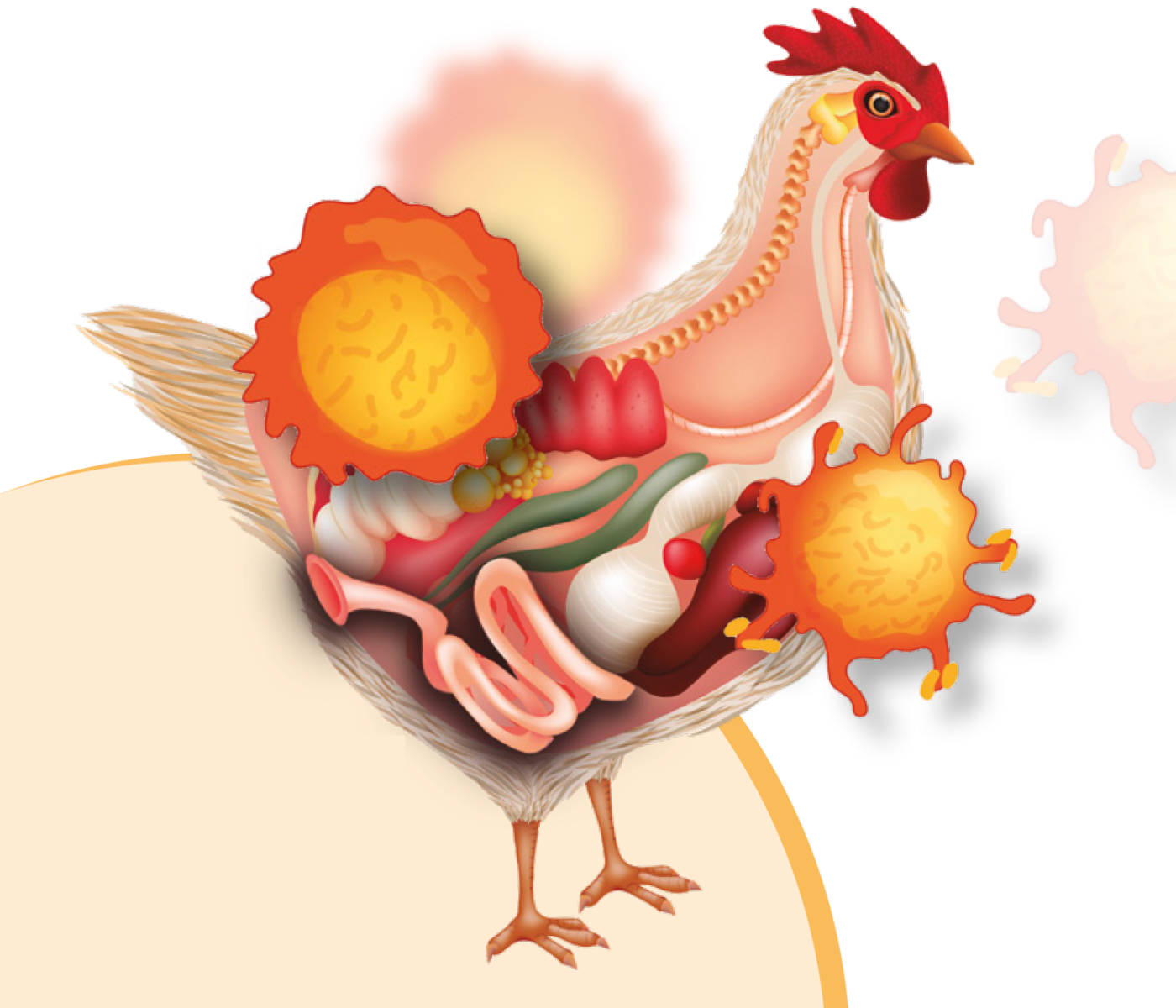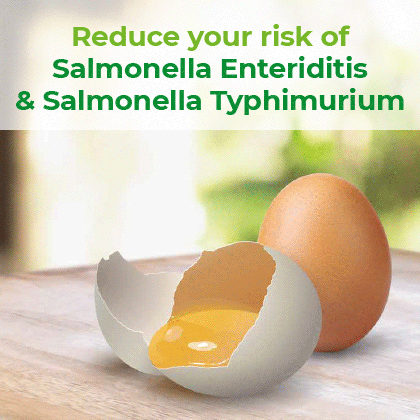Content available at: Português (Portuguese (Brazil))
Nutritional immunology is a new science. It will be more effective when the relationship between nutrition and the immune system is better understood. That’s what we’re going to focus on in this review.
| Infectious diseases, possibly contagious in swine, avian, bovine, and other species, cause damage, corroborated by the reduction in the use of antibiotics, increasingly legislated. It increases the importance of the immune system. |
Currently, there is an intense scientific movement devoted to immune tissue, its development, and functioning, seeking more effective technologies, with resistance to antigens, and ultimately, more production.
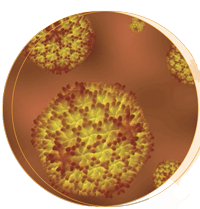
The identification of dendritic cells, for example, occurred at this time, as well as some specifications of the B cell and some immunoglobulins.
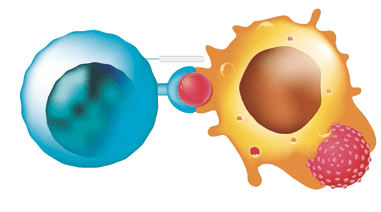
![]() The enhancement of the immune response, intestinal or general, and reducing dependence on antibiotics is great. Today there is a multitude of molecules promoted for this and other purposes. Further on, categories of compounds in use are listed.
The enhancement of the immune response, intestinal or general, and reducing dependence on antibiotics is great. Today there is a multitude of molecules promoted for this and other purposes. Further on, categories of compounds in use are listed.

These are the most commonly used categories of compounds:
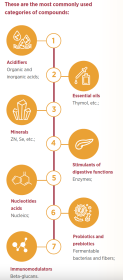
Strictly speaking, benefits are sought or promoted, such as:

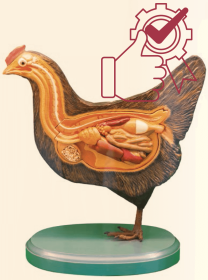






Keep up to date with our newsletters
Receive the magazine for free in digital version
REGISTRATION
ACCESS
YOUR ACCOUNT
LOGIN
Lost your password?

